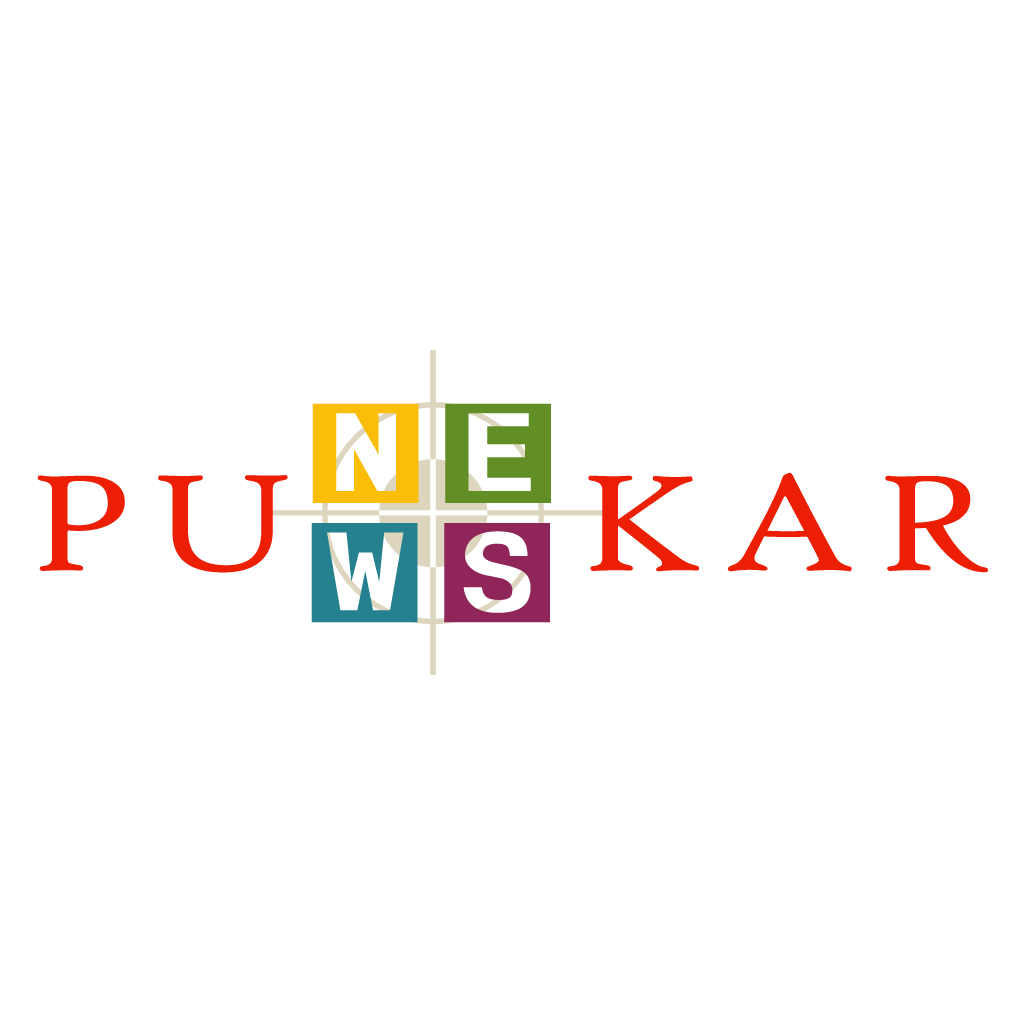INDIAN ENTERPRISE RECYCLING MENSTRUAL PADS BEATS OVER 1,000 APPLICANTS TO WIN PRESTIGIOUS SEED AWARD

Pune, 13 July 2021: An Indian start-up which creates recyclable materials out of soiled menstrual pads, has today been hailed as one of the winners of the SEED Low Carbon Awards (SEED Awards). SEED was founded as part of a global partnership between the United Nations Environment Programme (UNEP), the United Nations Development Programme (UNDP) and the International Union for Conservation of Nature (IUCN).
Founded in 2018 by Indian entrepreneur Ajinkya Dhariya, PadCare Lab’s NABL-certified Processing Unit, which is completely smokeless and silent, processes up to 3,000 pads per day into cellulose and plastic that can be recycled. For every 1,000 women, PadCare diverts over 8,000 pads monthly from landfills and makes reusable products that can save up to 40 tonnes of CO2 per month. Pune-based PadCare also raises menstrual health awareness through camps and the #ponderwithpadcare campaign, which aims to reduce women absenteeism at work and school during their periods. With SEED’s support, PadCare will improve the Unit’s handling of material and reduce processing costs.
Five Indian enterprises were also selected as runners-up of the SEED Awards, including:
BubbleNut Wash, which creates organic, eco-friendly laundry detergents, dishwash liquid and floor cleaners through the sustainable harvesting of soapnuts;
RecycleX, which manufactures construction material out of waste that uses little, if any, cement;
Rimagined, an enterprise which repurposes materials, including discarded tyre tubes, denim or fabric waste into accessories, furnishings, home linen and clothing;
Auspice Social, which produces a range of herbs, spices and seasonings that are processed, cleaned, sorted, packaged and labelled by people with autism; and
Hydro Greens Agri Solutions, an enterprise which designs low-cost microclimate-controlled vertical farming systems for dairy farmers to grow high-protein fodder.
Rita Schwarzelühr-Sutter, Parliamentarian State Secretary in the German Federal Environment Ministry (BMU), which is the primary sponsor of the SEED Low Carbon Awards, commented: “Micro and small enterprises play a vital role in the transformation to a decarbonised, more sustainable development. Many of these enterprises contribute greatly to this transformation. The SEED Awards are instrumental for scaling such enterprises, equipping the founders with the tools, knowledge and networks they need to maximise their impact within their local communities and beyond.”
The SEED Awards ceremony, taking place today at the UN’s High-level Political Forum on Sustainable Development (HLPF), will also see SEED present its ‘Green Recovery Snapshot’ findings, which calls on governments, donors, and financial providers to increase targeted support for MSMEs as they stimulate economic growth in a post-COVID world. MSMEs are responsible for creating seven out of ten jobs across emerging markets, and green and social MSMEs deliver environmental and social impact through their activities, products, and services, making them essential actors in achieving a green recovery.
Winners of the SEED Awards will be awarded matching grants of between EUR 10,000 – 15,000 (0.9 – 1.3 million INR) and will receive tailored one-to-one advisory services for up to a year to scale their operations, as part of the renowned SEED Accelerator programme. In line with the principle of ‘awarding the best and moving the rest’, 39 runners-up will also be supported through the SEED Catalyser programme, to refine their business models and optimise their impacts while advancing their investment readiness.
SEED’s Director of Operations, Rainer Agster, added: “The calibre of SEED Award entries this year was outstanding, and we extend our congratulations to all nine winners and 39 runners-up. We hope the enterprises identified and promoted by the SEED Awards will be a source of inspiration for aspiring entrepreneurs across emerging economies. Through the SEED Awards, we will support 48 enterprises in 2021, and through our other programmes, several hundreds more. For each of those, however, there are thousands more eco-inclusive enterprises furthering SDGs which can be amplified with the right support. Therefore, we strongly encourage policy makers and financial actors to take a closer look at these eco-inclusive businesses and start or scale support programmes for them.”
Dr. Malini Balakrishnan, SEED’s India Coordinator said, “SEED has always promoted aspiring entrepreneurs and startups to showcase their offerings to a wider audience, which includes policymakers and financial institutions. We extend our congratulations to PadCare for winning the SEED Awards from India, and to the five runners-up. Menstrual hygiene management is a critical matter in India and PadCare’s state-of-the-art technology-based products will help build awareness among young women about how to protect the environment. Their idea is sustainable and has great potential to scale up.”
Mr. Ajinkya Dhariya, Founder and CEO at PadCare and Winner of the SEED Awards said, “We are extremely thankful and honoured to receive the award. PadCare believes in the 3-S model – Sustainability, Safety and Solemnity. We have created a holistic and sustainable menstrual hygiene management system that generates harmless, recyclable output out of used pads. With SEED’s support, we will work towards our goals and extend our reach to other regions of the country with a more affordable range of products. This is a great opportunity for entrepreneurs like us who care for the environment and people’s safety, to scale up and expand.”
Of the 2021 SEED Awards cohort, 69 per cent of enterprise leaders are 18-35 years-old and 52 per cent are female-led enterprises. Since their inception in 2005, the SEED Awards have awarded 311 enterprises in 40 countries and have facilitated the disbursement of over EUR 1 million in grants. Each individual SEED enterprise has saved an average of 7,300 tonnes of CO2, generated more than 9,399 kWh of renewable energy, and created 28.4 jobs, out of which 32 per cent are offered to people at the Bottom of the Pyramid (BoP).








